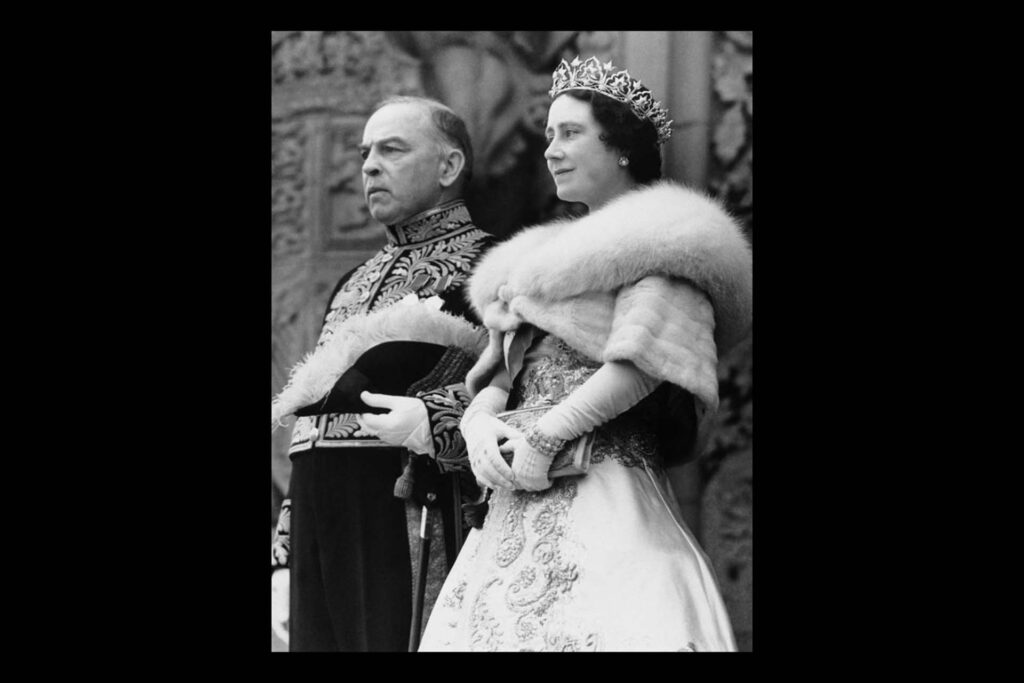Renaming Industry Canada, traditionally one of the most powerful ministries of our Federal administration, was almost without any controversy when the new Trudeau government was set up last Fall. After all, most Canadians recognized that this Department had to reflect the new economy with an emphasis on technology, innovation, and R & D. In other words, more emphasis on fiber optics and laboratories as fundamental components of the new economy. The freshly-minted Department of Innovation, Science and Economic Development would be a bridge between the important Liberal party theme of new-economy innovation and old-economy subsidies, providing a clear path forward for growth, jobs, and a thriving industry. Even in old-school industries such as the auto sector, there was an increasing recognition on the part of the newly-elected government that there were far more issues than low wages in areas such as Mexico when it comes to attracting and keeping jobs. There was also science and innovation, and with that powerful combination, Canada could strategically position itself to become more competitive in global marketplaces while at the same time shoring up the quality of life for the millions of us who work in the industry.
While the whole technology component of these discussions is a relatively new discussion, this podium has welcomed numerous leaders from all levels of government to discuss industrial strategy since we were founded in 1903. It could be argued, in fact, that this has been one of the most abiding and popular topics examined by this Club in the past 112 years. Almost a century ago, in the Spring of 1919, the man who would become the longest-serving Prime Minister of Canada stood at this very podium and delivered one of the more famous Empire Club of Canada speeches of all times entitled “The Four Parties to Industry”, calling on the war-weary nation to remember that industry was the key to its success at home and abroad and that nothing could be achieved without strong partnerships and good relations between the various segments of society. We are referring, of course, to William Lyon Mackenzie King, who was less than two years away from sweeping the Liberal Party to power and becoming Canada’s 10th Prime Minister, a workaholic bachelor who is often remembered today as the man who got us through the Second World War during his several terms in office. As our guest speaker today, he was a graduate of a Toronto university who loved to understand connections and what made people and processes work well and lead to success. Here is an excerpt from that March 13th, 1919 speech:
“With the new spirit must come also a wholly new conception of industry. No longer must industry be thought of as a mere revenue-producing process, in which Capital, Labor, Management, and the Community meet like so many rivals and contending factions, each to appropriate to itself by force or might the largest possible share of the fruits of industry. Industry must be thought of, as in reality, it is, as in the nature of social service, and participation in industry, whether in the form of labor or capital investment, as social service of the highest kind, since upon its successful accomplishment rest all other forms of human service.”
The William Lyon Mackenzie King of our era visits the Empire Club this week, and many pundits will be watching closely as Canada continues to focus on creating a twenty-first economy that does not subtract from the “Huers of wood and drawers of water” strategies of yesteryear, but rather adds a new focus on R&D which will lead this government to better understand why we still score poorly, at least according to Conference Board of Canada reports, in OECD peer countries for innovation. Minister Navdeep Bains is well-positioned for the job, having achieved a great deal of experience in Parliament from his role as Critic at the former Public Works Government Services, Treasury Board, International Trade, Natural Resources, and Small Business and Tourism. Before that, he was Privy Councillor and Parliamentary Secretary to Prime Minister Paul Martin, and an adjunct lecturer or visiting professor at the University of Waterloo and the Ted Rogers School of Management at Ryerson University. His private sector experience at organizations such as the Ford Motor Company of Canada gives him a tremendously well-rounded background preparing him for his present role, a role requiring an understanding of both new and traditional industries. While he is not as famous as William Lyon Mackenzie King, or at least not yet, he will quite possibly be remembered long after we’re all dead and gone as the man who put us on the road to future growth where the government is not seen as the adversary, but rather as a partner in helping give the industries of our nation the best possible advantage in the global economy. For that reason, his appearance at the Empire Club this week is an important one.


